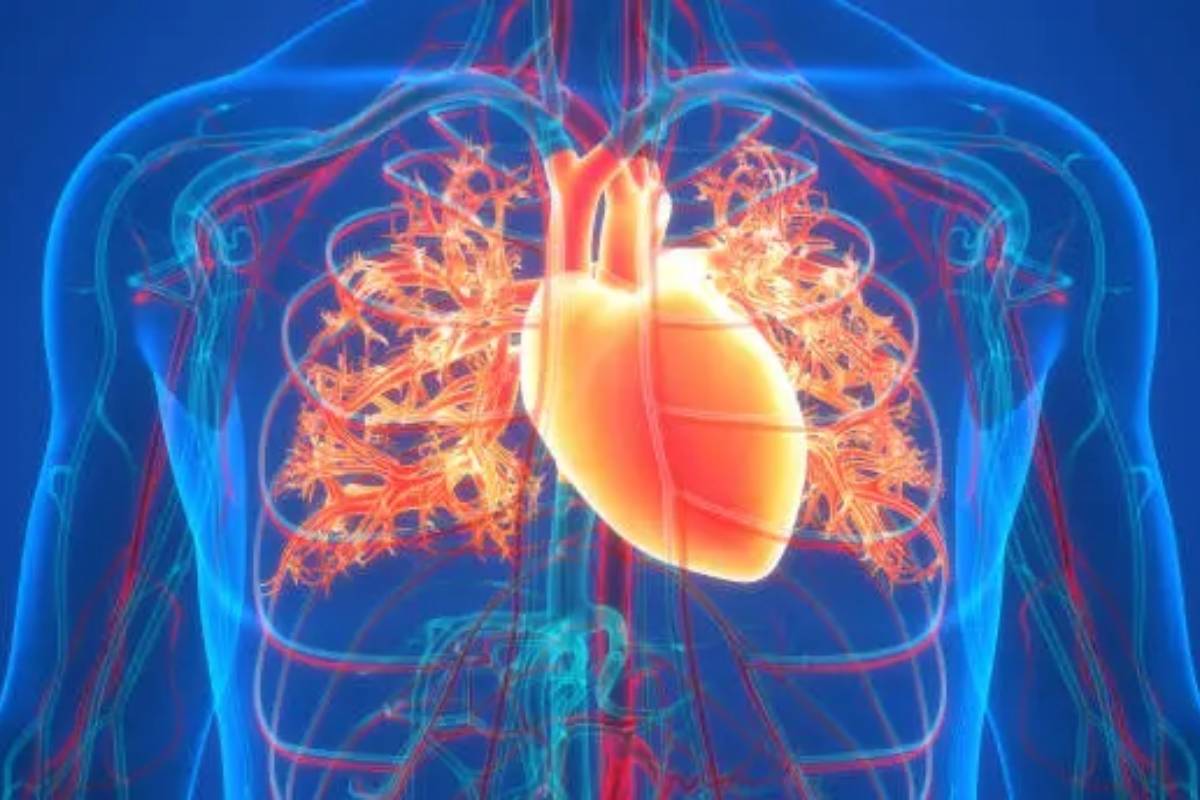Understanding common diseases is crucial for maintaining good health and preventing serious complications. Many illnesses can be managed or avoided through early detection and lifestyle changes. This article explores some of the most prevalent diseases, their symptoms, causes, and effective prevention strategies.
1. Cardiovascular Diseases
Cardiovascular diseases (CVDs) are the leading cause of death worldwide, affecting millions of people each year.
Symptoms
- Chest pain or discomfort
- Shortness of breath
- Fatigue
- Dizziness or fainting
- Swelling in the legs, ankles, or feet
Causes
- High blood pressure (hypertension)
- High cholesterol levels
- Smoking and excessive alcohol consumption
- Obesity and lack of physical activity
- Family history of heart disease

Prevention
- Maintaining a healthy diet rich in fruits, vegetables, and whole grains
- Regular physical exercise
- Avoiding tobacco and excessive alcohol intake
- Managing stress and getting enough sleep
- Regular health check-ups
2. Diabetes
Diabetes is a chronic condition that affects the body’s ability to regulate blood sugar levels.
Symptoms
- Frequent urination
- Excessive thirst and hunger
- Unexplained weight loss
- Blurred vision
- Slow healing of wounds
Causes
- Insulin resistance (Type 2 diabetes)
- Autoimmune response destroying insulin-producing cells (Type 1 diabetes)
- Genetic predisposition
- Poor diet and sedentary lifestyle
Prevention
- Eating a balanced diet low in refined sugars and processed foods
- Maintaining a healthy weight
- Regular physical activity
- Monitoring blood sugar levels regularly
- Avoiding excessive consumption of sugary beverages
3. Respiratory Diseases
Respiratory diseases affect the lungs and airways, leading to breathing difficulties and reduced oxygen supply to the body.
Symptoms
- Chronic cough
- Shortness of breath
- Wheezing
- Chest tightness
- Increased mucus production
Causes
- Smoking and secondhand smoke exposure
- Air pollution and exposure to harmful chemicals
- Respiratory infections (e.g., pneumonia, bronchitis)
- Genetic predisposition (e.g., asthma, cystic fibrosis)
Prevention
- Avoiding smoking and exposure to pollutants
- Getting vaccinated for influenza and pneumonia
- Practicing good hygiene to prevent infections
- Using air purifiers in polluted environments
- Engaging in regular breathing exercises
4. Infectious Diseases
Infectious diseases are caused by bacteria, viruses, fungi, or parasites and can spread from person to person.
Symptoms
- Fever and chills
- Fatigue and body aches
- Nausea, vomiting, or diarrhea
- Cough and difficulty breathing
- Skin rashes or sores
Causes
- Bacterial infections (e.g., tuberculosis, strep throat)
- Viral infections (e.g., influenza, COVID-19)
- Fungal infections (e.g., athlete’s foot, candidiasis)
- Parasitic infections (e.g., malaria, tapeworms)
Prevention
- Practicing good hand hygiene
- Staying up to date with vaccinations
- Avoiding close contact with sick individuals
- Cooking food thoroughly and drinking clean water
- Using insect repellent in areas with vector-borne diseases
5. Mental Health Disorders
Mental health disorders affect emotions, thoughts, and behaviors, impacting daily life and well-being.
Symptoms
- Persistent sadness or mood swings
- Anxiety, excessive worry, or panic attacks
- Difficulty concentrating or making decisions
- Changes in sleep patterns
- Withdrawal from social activities
Causes
- Genetic predisposition
- Chronic stress and traumatic experiences
- Neurochemical imbalances
- Substance abuse
- Underlying medical conditions
Prevention
- Seeking professional help when needed
- Practicing mindfulness and stress management techniques
- Maintaining a strong support network
- Engaging in regular physical activity
- Prioritizing sleep and self-care
Understanding common diseases and their symptoms, causes, and prevention strategies can empower individuals to take proactive steps toward better health. By adopting a healthy lifestyle, staying informed, and seeking medical advice when necessary, many diseases can be effectively managed or prevented, leading to a longer and healthier life.


